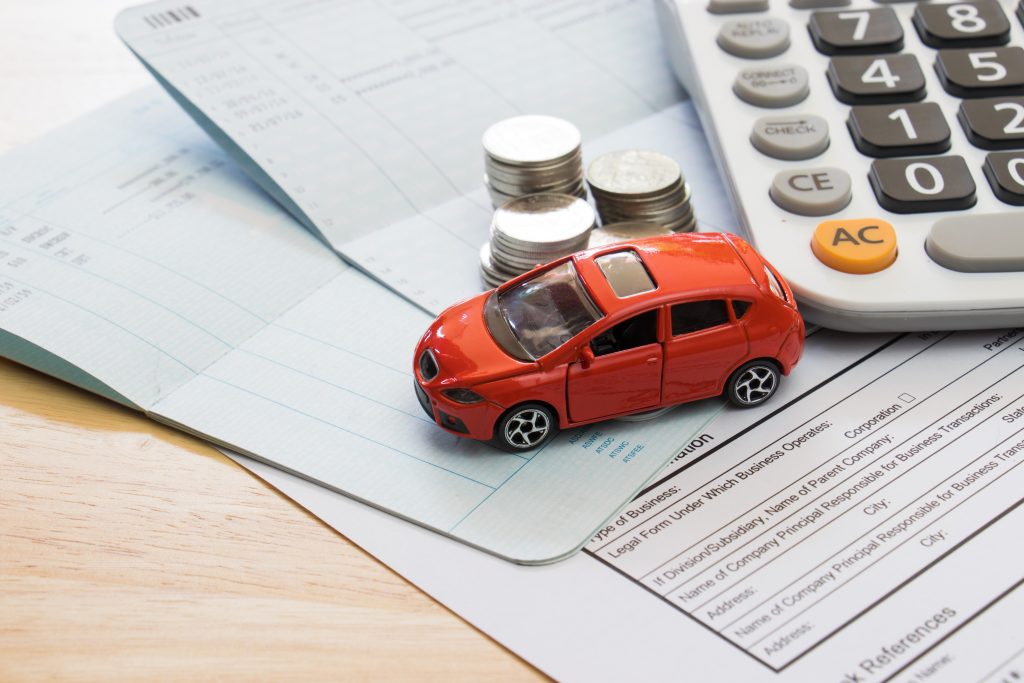Car finance is an extremely popular way to purchase a vehicle. Many people need cars to get around, but not everybody has access to thousands of pounds in cash to buy a car outright.
A car finance agreement allows people to pay for their car over time through a series of monthly payments, and use the car while they pay it up.
While car finance gives people greater flexibility, the agreements can be complex and can lead to confusion. That’s why, in the latest installment of our mythbusting series, we’re examining five of the most common myths associated with car finance.
You need a deposit to get car finance
Deposits are a great way to get a head start on a car finance agreement. By paying a portion of the cost of the vehicle upfront as a lump sum, you can lower the amount you owe to the lender overall, and make your monthly car finance payments more manageable.
The problem with deposits, however, is that not everybody has the means to save for one. Just the same as with mortgages, the higher your deposit, the more likely you are to be accepted for a car finance agreement, but not everybody has thousands of pounds lying around that they can afford to spend in one go.
The good news is you don’t have to have a deposit to get a car on finance. While lenders usually prefer it, and some may insist on it, it’s up to the lender’s discretion whether they need a deposit on the vehicle, and there are certainly lenders out there who will forgo a deposit in return for a higher monthly payment.
You have to buy the vehicle at the end of your finance agreement
While many people use car finance as an affordable way to pay for a car over an extended period of time, not everybody wants to own the car at the end of their agreement.
There can be various reasons for this. Maybe you’re not happy with the vehicle. Maybe you fancy a change and have your eye on another car. Or maybe your circumstances have shifted since you set up your agreement, and you’ve realised a car is no longer essential for you.
Regardless of your circumstances, you don’t always have to buy the car at the end of your arrangement. As long as you’re signed up to a PCP agreement, you’ll be presented with one of three options at the end of your arrangement:
- Buy the car
- Take out a new PCP agreement
- Hand the car back
If you choose to return the car to the lender, so long as you’re returning it in good condition, you won’t face any additional charges and will be free to choose what to do next.
You can’t pay up your finance agreement early
Because car finance agreements are usually taken over a fixed period of time, typically anywhere between two and five years, many people don’t realise that they can end the agreement early.
When you sign up for a car finance agreement, the length of the agreement gives you time to pay off the total amount you owe – which is usually dictated by the value of the car you’re leasing, as well as the additional charges added by the lender.
That said, if you decide you’re interested in purchasing the vehicle earlier, the lender will be happy to allow you to end your agreement at any time, as long as you pay the total cost of the agreement in full.
Getting a car on finance will damage your credit score
As with any sort of credit arrangement, many people worry that signing up for a car finance agreement will damage their credit rating, but that largely depends on how reliable you are as a borrower.
If you take out a car finance agreement, it will be listed on your credit file, so if you’re regularly late with your monthly payments, you can expect those defaulted payments to show up on your credit report. This in turn will have a negative impact on your credit rating.
With all that said, if you’re a reliable borrower, a car finance agreement can also have a positive impact on your credit score.
A sizable chunk of your credit score is worked out based on your payment history. If you have a car finance agreement and you’ve never missed a payment, you will build up a positive payment history which can actually improve your credit score and make lenders view you as less of a risk in future.
You can only get car finance on new cars
This final myth is extremely common because it used to be true. Up until relatively recently, you could only get a PCP agreement on new cars.
Car finance is often targeted at people who need a car but don’t have the cash upfront to make such an expensive purchase. Because brand new cars are even more expensive, it made sense for lenders to sell them via finance agreements.
While it’s still the case that many people using car finance choose to purchase new cars, that’s no longer the only option. Big car finance companies, like Admiral, have now begun to offer used vehicles via their car finance schemes.
In fact, statistics from finder.com show that up to 64% of the cars purchased on finance in 2018 were used vehicles, giving customers even more choice as to the type of purchase they want to make.









